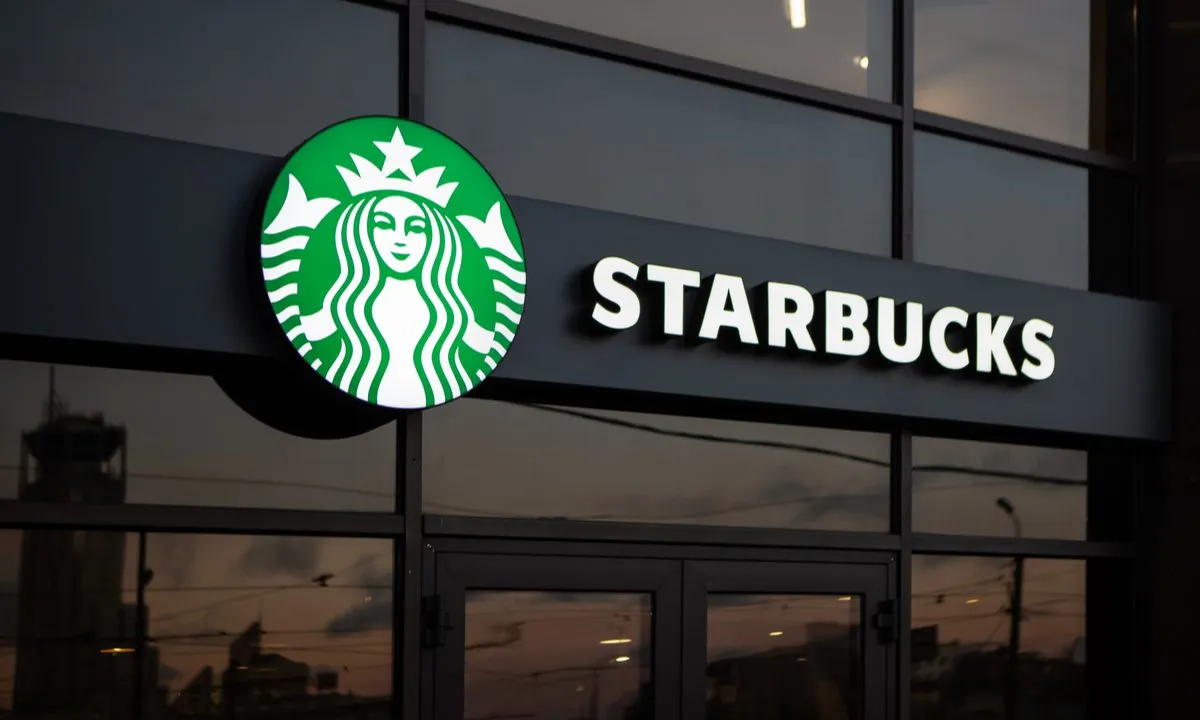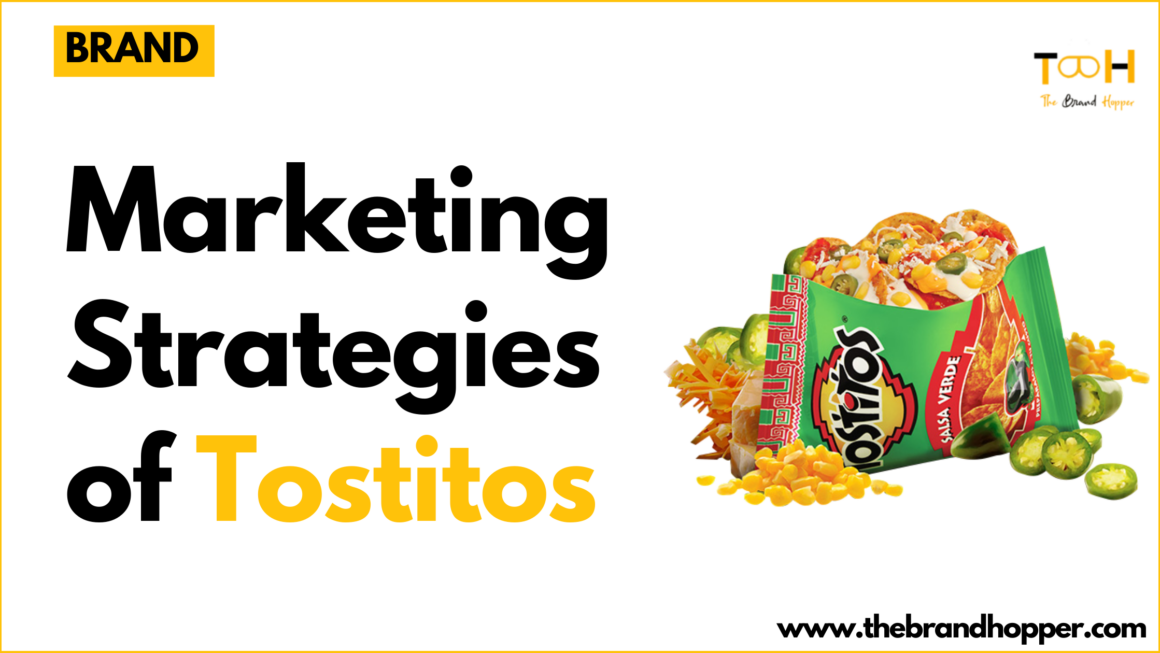Wake up and smell the competition! In the world of coffee, Starbucks has long been the reigning champion, but a new breed of caffeine contenders is giving the green mermaid a run for its money. Did you know that the global coffee shop market is expected to reach a staggering $237.6 billion by 2025? With such a lucrative pie up for grabs, it’s no wonder that Starbucks is facing fiercer competition than ever before. In this article, we’ll dive into the top 10 competitors challenging Starbucks’ coffee crown in 2024. From international powerhouses to quirky local favorites, get ready for a journey through the diverse landscape of coffee shop rivals. Who’s got what it takes to outbrew the Seattle giant? Let’s find out!
Top Competitors of Starbucks
1. Dunkin’ Donuts
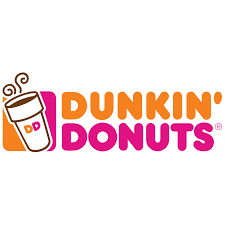
Website – https://www.dunkindonuts.com/
Dunkin’ Donuts has come a long way from its humble beginnings as a donut shop. Today, it’s a beverage-led powerhouse giving Starbucks a run for its money. Here’s why Dunkin’ is making waves:
- Menu Transformation: Dunkin’ has expanded beyond donuts, offering a wide range of beverages that rival Starbucks. From cold brews to lattes, they’ve got it all – and often at a lower price point.
- Accessibility: With over 12,900 locations worldwide, Dunkin’ is hot on Starbucks’ heels in terms of convenience.
- Brand Loyalty: Dunkin’s “America Runs on Dunkin'” slogan has created a devoted following, especially on the East Coast.
- Innovation: The introduction of plant-based options and unique flavor combinations keeps Dunkin’ fresh and exciting for customers.
Dunkin’s approachable, no-frills approach to coffee is a stark contrast to Starbucks’ more premium positioning. This strategy has paid off, attracting customers who want quality coffee without the perceived pretentiousness.
2. Costa Coffee

Website – https://www.costa.co.uk/
Costa Coffee, the UK’s largest coffee chain, is making significant strides globally:
- Coca-Cola Acquisition: In 2019, Coca-Cola acquired Costa for $5.1 billion, providing the resources for rapid expansion.
- European Flair: Costa offers a distinctly European coffee experience, appealing to those looking for an alternative to American-style coffee shops.
- Sustainability Focus: Costa’s commitment to sustainability, including its pledge to recycle as many cups as it sells by 2020, resonates with eco-conscious consumers.
- Global Expansion: With a strong presence in Europe and growing operations in Asia, Costa is positioned to challenge Starbucks in key international markets.
Costa’s success lies in its ability to blend British coffee culture with local tastes in its international locations. This adaptability could be key in chipping away at Starbucks’ global dominance.
3. McCafé

Website – https://www.mcdonalds.com/us/en-us/mccafe.html
McDonald’s entry into the coffee market with McCafé has been nothing short of disruptive:
- Pricing Strategy: McCafé offers similar beverages to Starbucks at significantly lower prices, appealing to budget-conscious consumers.
- Convenience: Leveraging McDonald’s vast network of restaurants, McCafé provides unmatched convenience for coffee on-the-go.
- Menu Innovation: Seasonal offerings and limited-time specials keep the menu fresh and exciting.
- Brand Recognition: The power of the McDonald’s brand gives McCafé instant credibility and reach.
By tapping into its existing infrastructure and customer base, McCafé has quickly become a major player in the coffee industry. Its ability to offer quality coffee at fast-food prices poses a significant threat to Starbucks’ market share.
4. Tim Hortons

Website – https://www.timhortons.com/
Tim Hortons, a Canadian icon, is making moves on the global stage:
- Canadian Heritage: Tim Hortons’ strong Canadian identity resonates with customers looking for an authentic North American coffee experience.
- Menu Diversity: Beyond coffee, Tim Hortons offers a range of food items, making it a one-stop shop for meals and beverages.
- Community Engagement: Tim Hortons is deeply embedded in Canadian communities, sponsoring local events and youth sports programs.
- International Expansion: While still strongest in Canada, Tim Hortons is pushing into new markets, including China and the UK.
Tim Hortons’ challenge lies in translating its Canadian success to other markets. If it can maintain its community-focused approach while adapting to local tastes, it could become a formidable global competitor to Starbucks.
5. Caribou Coffee
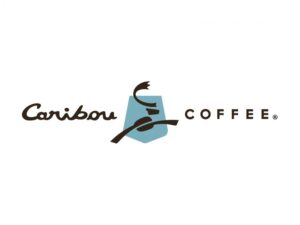
Website – https://www.cariboucoffee.com/
Caribou Coffee offers a more intimate coffee experience:
- Cozy Atmosphere: Caribou’s stores are designed to feel like a comfortable lodge, providing a warm and inviting alternative to Starbucks’ more modern aesthetic.
- Quality Focus: With a commitment to serving 100% Rainforest Alliance certified coffee, Caribou appeals to quality-conscious consumers.
- Midwest Stronghold: While smaller than Starbucks, Caribou has a loyal following, particularly in the Midwestern United States.
- Expansion Strategy: Caribou is focusing on strategic growth, including non-traditional locations like colleges and hospitals.
Caribou’s success stems from its ability to create a loyal customer base through quality products and a welcoming atmosphere. While it may not match Starbucks in size, its devoted following proves there’s room for alternatives in the market.
6. Lavazza

Website – https://www.lavazza.com/en
Lavazza, the Italian coffee giant, is making waves beyond the grocery aisle:
- Italian Heritage: With over 120 years of coffee-roasting expertise, Lavazza brings authentic Italian coffee culture to the masses.
- Premium Positioning: Lavazza cafés offer a high-end coffee experience, appealing to connoisseurs and those looking for a taste of Italy.
- Retail Presence: Beyond cafés, Lavazza’s strong retail presence in supermarkets extends its brand reach.
- Global Expansion: Lavazza is aggressively expanding its café presence, particularly in Europe and Asia.
Lavazza’s strength lies in its ability to leverage its reputation for quality Italian coffee. As it expands its café business, it poses a unique threat to Starbucks, particularly in markets where Italian coffee is highly regarded.
7. Peet’s Coffee
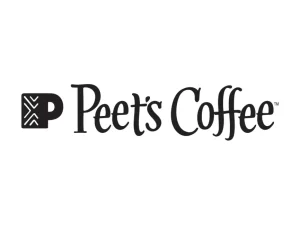
Website – https://www.peets.com/
Peet’s Coffee, often credited with inspiring the specialty coffee movement, offers a distinctive alternative to Starbucks:
- Artisanal Approach: Peet’s is known for its hand-roasted, small-batch coffees, appealing to those who prioritize craft and quality.
- Education Focus: Peet’s emphasizes coffee education, offering tastings and workshops that create knowledgeable, loyal customers.
- Expansion Strategy: While primarily concentrated on the West Coast, Peet’s is slowly expanding eastward and internationally.
- Retail Presence: Like Lavazza, Peet’s strong retail business complements its café operations.
Peet’s success shows that there’s a significant market for high-quality, artisanal coffee experiences. Its focus on coffee craftsmanship provides a clear differentiation from Starbucks’ more mainstream approach.
8. Blue Bottle Coffee
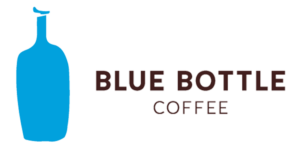
Website – https://bluebottlecoffee.com/
Blue Bottle Coffee represents the new wave of ultra-premium coffee shops:
- Minimalist Aesthetic: Blue Bottle’s sleek, modern stores appeal to design-conscious millennials and Gen Z consumers.
- Freshness Commitment: Blue Bottle promises that all coffee is served within 48 hours of roasting, attracting true coffee aficionados.
- Unique Brewing Methods: From siphon to pour-over, Blue Bottle offers brewing techniques rarely seen in larger chains.
- Slow Growth Strategy: Despite Nestlé’s majority stake, Blue Bottle maintains a carefully curated growth strategy to preserve its boutique feel.
Blue Bottle’s success demonstrates the market for high-end, experiential coffee shops. While it may not match Starbucks in scale, its influence on coffee culture is significant.
9. Philz Coffee
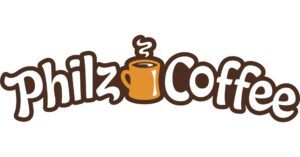
Website – https://philzcoffee.com/
Philz Coffee offers a unique, personalized coffee experience:
- Custom Blends: Philz is known for its 20+ customized blends, offering flavors you won’t find anywhere else.
- Pour-Over Focus: Each cup is individually brewed using the pour-over method, providing a level of personalization rare in chain coffee shops.
- Tech-Savvy Approach: Philz has embraced mobile ordering and payments, appealing to tech-friendly urban customers.
- Community Feel: Despite expansion, Philz maintains a local coffee shop vibe in each location.
Philz shows that there’s room for innovation in the coffee shop experience. Its success in tech hubs like San Francisco proves that even in Starbucks’ backyard, unique concepts can thrive.
10. Local Coffee Shops
While not a single entity, independent coffee shops collectively pose a significant challenge to Starbucks:
- Community Focus: Local shops often have deep ties to their communities, offering a personalized experience that large chains can’t match.
- Unique Offerings: From locally-roasted beans to partnerships with area bakeries, independent shops offer flavors of the community.
- Flexibility: Small shops can quickly adapt to local preferences and trends, something harder for large chains to do.
- “Shop Local” Movement: The growing trend of supporting local businesses has boosted independent coffee shops.
The rise of local coffee shops shows a growing desire for unique, community-focused experiences. While individual shops may not threaten Starbucks, the collective movement towards local businesses poses a significant challenge.
As we’ve seen, the coffee landscape is more diverse and exciting than ever before. From global chains like Dunkin’ and Costa Coffee to artisanal darlings like Blue Bottle and Philz, Starbucks faces stiff competition from all corners of the caffeinated world. Each competitor brings something unique to the table, whether it’s McDonald’s convenience, Tim Hortons’ community spirit, or the local coffee shop’s personal touch.
What’s clear is that there’s no one-size-fits-all approach to dethroning the coffee king. Success in this industry comes down to a perfect blend of quality, convenience, experience, and values. As consumers become more discerning and socially conscious, the battle for coffee supremacy will only intensify.
So, next time you’re craving a caffeine fix, why not explore one of these Starbucks alternatives? You might just discover your new favorite brew. After all, in the world of coffee, variety is the spice of life – or should we say, the sugar in our lattes? The question remains: who will be crowned the new coffee champion in the years to come? Only time – and taste buds – will tell!
Also Read: Starbucks Success Story and Success Factors
Also Read: Marketing Strategies and Marketing Mix of Starbucks Coffee
To read more content like this, subscribe to our newsletter

